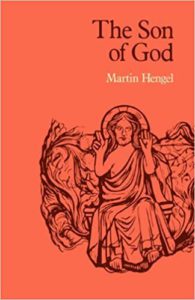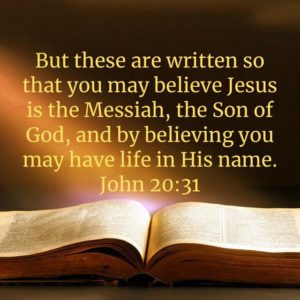
A. Two Fundamental Roots of Christology – Promised Messiah and Resurrection
It is observed that various elements from the Old Testament and Jewish sources were incorporated in the development of the Son of God Christology in the first twenty years of the infant church leading to the development of Paul’s mission after the Apostolic Council. However, the Jewish categories were transformed through a creative process that was stimulated by the extraordinary event of the resurrection of Jesus Christ. Martin Hengel explains:
First and foremost, we must remember that what happened cannot just have been a simple reproduction of earlier Jewish speculations about hypostases and mediators. Earliest christology has a quite original stamp, and is ultimately rooted in the contingent event of the activity of Jesus, his death and resurrection appearances. A history-of-religions comparison can only explain the derivation of individual themes, traditions, phrases and functions, and not the phenomenon of the origin of christology as a whole. At the same time, we must also consider the possibility of ‘unparalleled’ innovation. [Martin Hengel, The Son of God (Fortress Press, 1976), pp. 56-57]
Hengel identifies two fundamental roots of Christology based on Rom. 1:3-4. First, the earthly Jesus is the fulfilment of God’s promise that the messiah is from the seed of David. Second, the crucified Jesus is declared to be the Son of God in power by virtue of his resurrection from the dead. Continue reading “Historical Origin of Divine Christology Part 5. The Son from Pre-existence to the Consummation of Creation”
